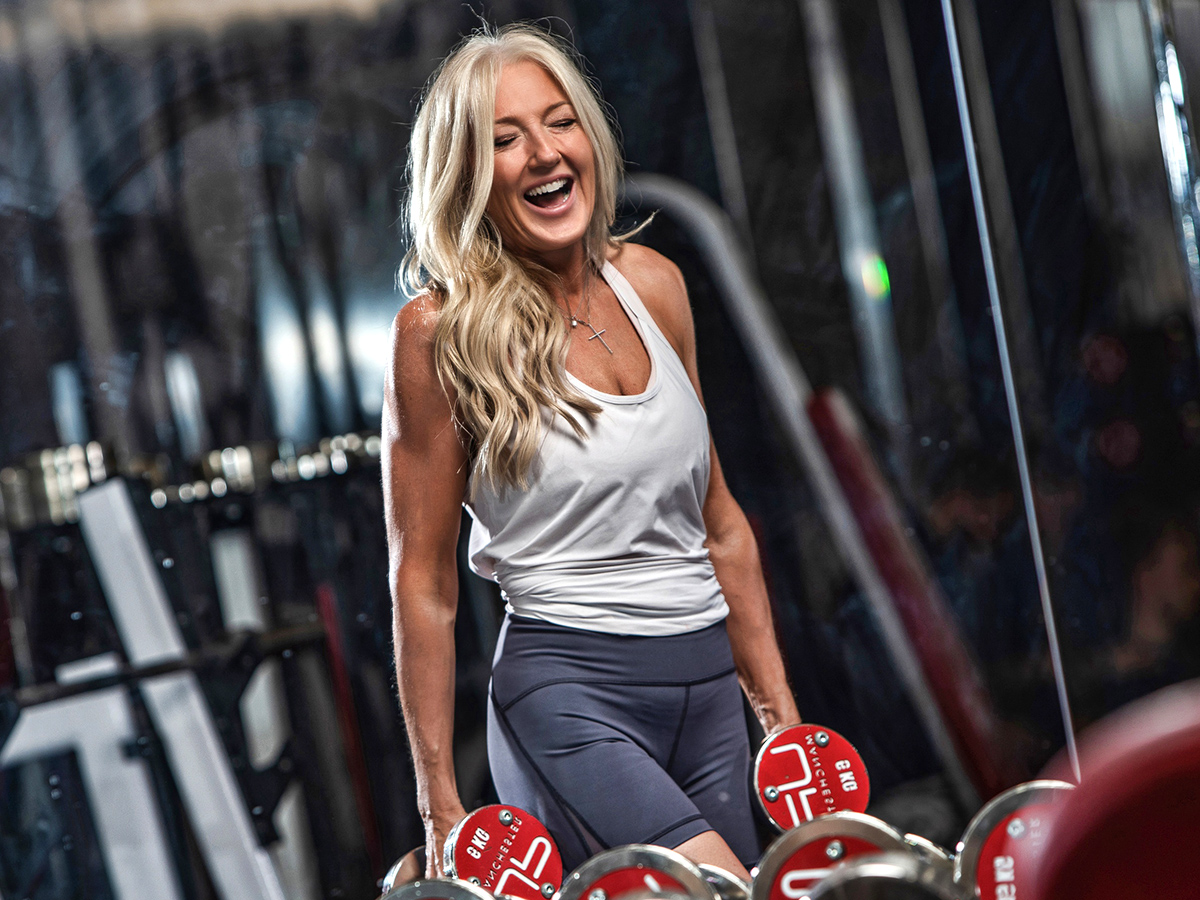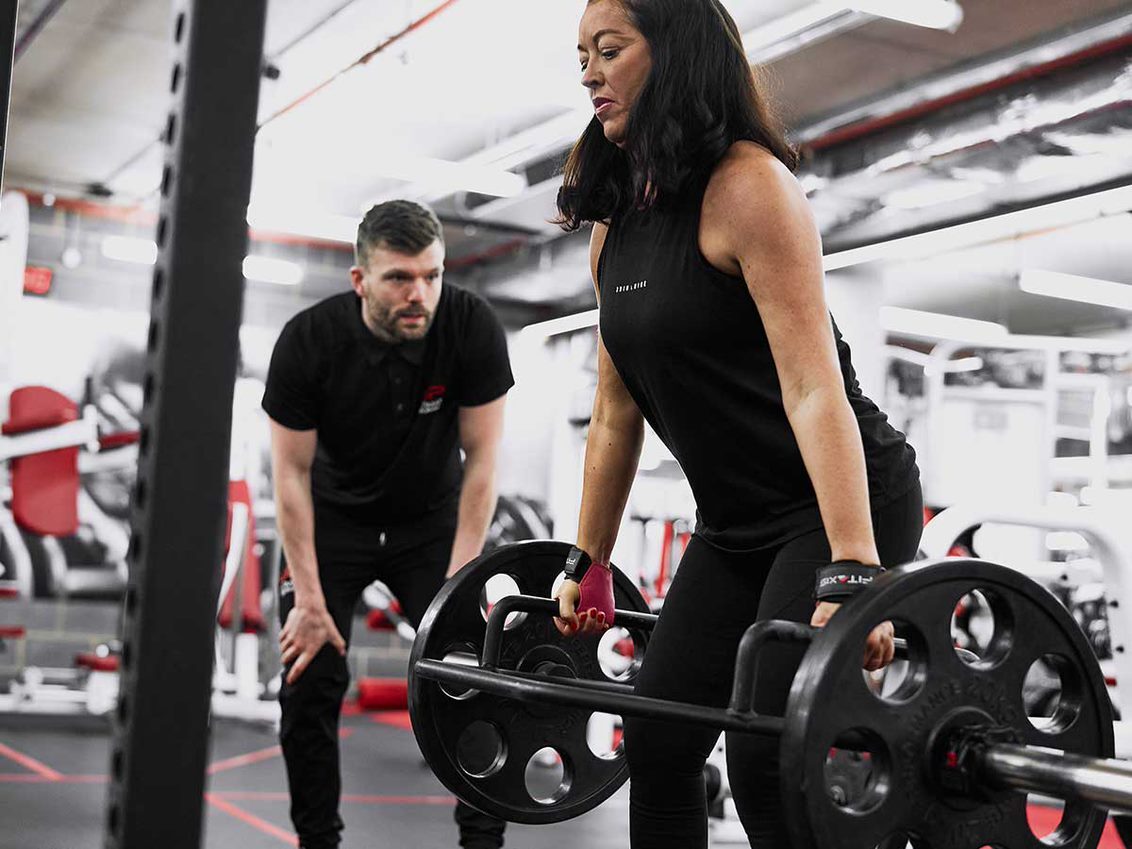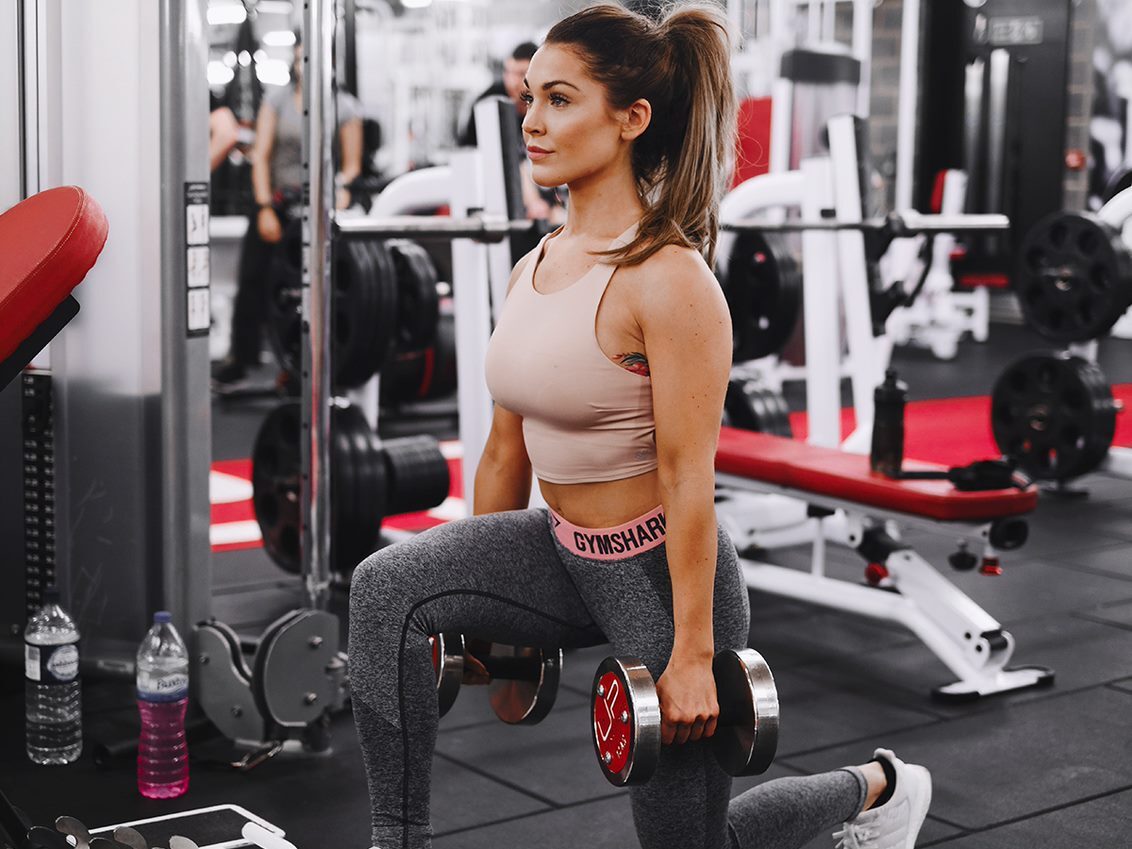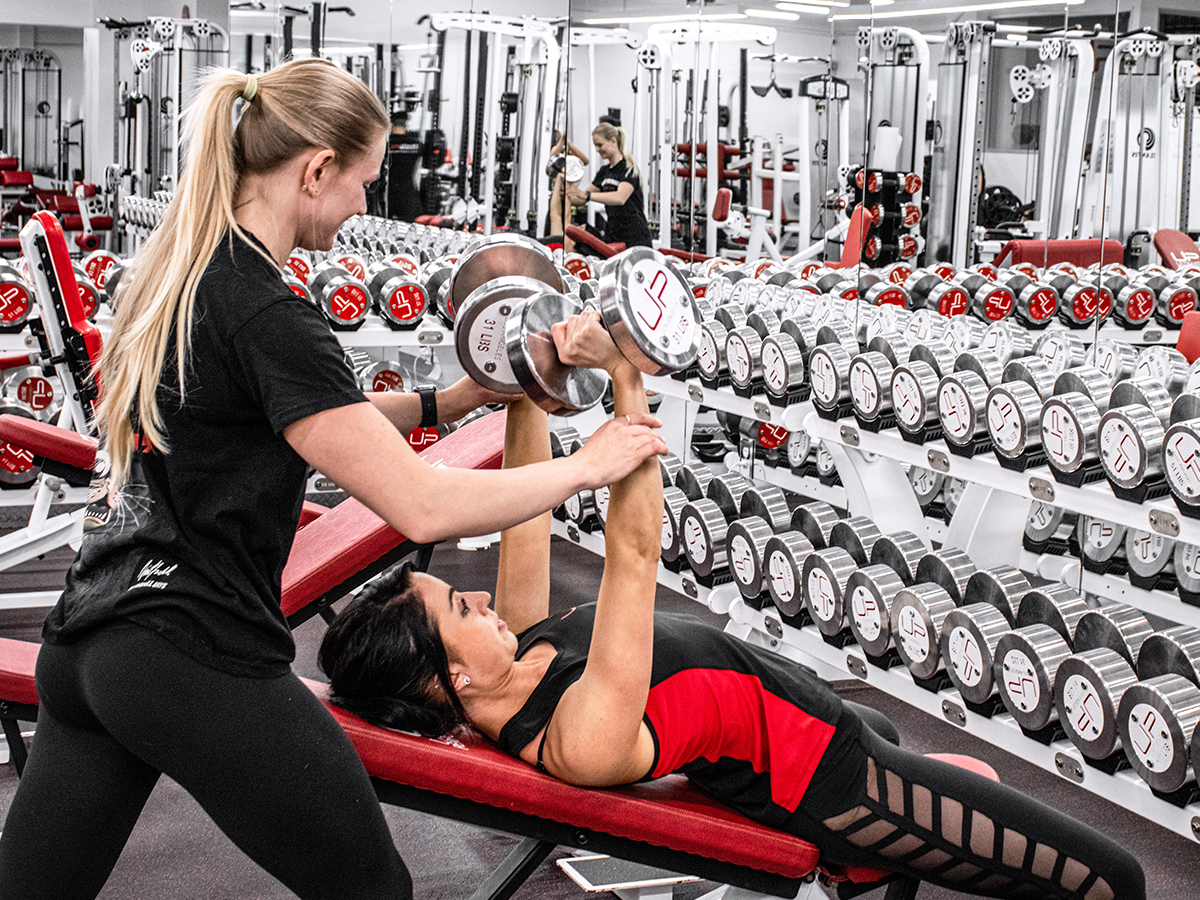Key takeaways
- The information age provides us with a double-edged sword – unlimited access to unfiltered information 24/7.
- Fitness myths perpetuate societal norms of what women are ‘expected’ to be and want.
- Fitness myths take advantage of these societal expectations to tap into women’s emotions and draw them in.
- While some fitness myths start harmlessly, some are purposefully planted for self-gain.
- Fitness myths are not harmless and can cause a range of effects from frustration and wheel spinning to poor self-image and poor relationships with diet and exercise.

Should females focus on cardio to stay toned? Will a waist trainer make you ‘snatched’? Do women have a place in the weights room?
A simple google search on any of these will bring up hundreds of results. Unfortunately, unless you have a degree in fitness bullshittery, it can be difficult to sort fact from fiction.
Information is more readily available than at any other point in time. While this is in some sense positive, it can be a double-edged sword. With little to no regulation on what information is published online, it is easy to be drawn in by seemingly plausible solutions promising too-good-to-be-true results. Myths are everywhere in the fitness industry, and women’s fitness is no exception.
Today we’re marking the start of a new series, designed to dispel the plethora of female fitness myths that have circulated for decades. We want to empower women with the knowledge and skills to make informed choices that propel them towards their goals and not away from them.

Read how 51-year-old Susan transformed her health by losing 21kg after the death of her mother.
What is a fitness myth?
A fitness myth is a widely held belief or idea about how we become fitter and healthier, which is not true. These fitness myths are often never challenged and taken as gospel or circulated by fitness ‘experts’ to perpetuate their agenda.
Fitness myths can come from many sources. Myths can come from drawing a false conclusion from a real-life observation. We may notice that men that lift heavy weights are typically more muscular than men that don’t. From this, we assume that if women lift, they too will be bigger and bulkier. To avoid this, fitness ‘experts’ suggest that women should lift light weights to ‘tone up’, implying that women should only ever seek to be petite.
Myths can also come from the personal gain of an individual. A fitness guru may use complicated jargon to reason that regular protein powder shouldn’t be consumed by women, as women’s physiology is ‘different’ to men. The guru then leads into selling their own ‘women-specific protein powder’ from which they profit. While their assertions may be true in some sense, they manipulate information with the intent to deceive and profit.

Fitness reinforces toxic cultural norms
Inherent in many women’s fitness myths are assumptions on what women ‘should’ and ‘shouldn’t’ be. Women ‘should’ be petite and reserved, not strong or proud. Female fitness myths can further female societal norms and serve to curb a women’s sense of identity. A hallmark of what we do is that we never impose our own goals or ideals on our clients. We strive to empower women across the globe to live healthier lives and become the strongest, fittest, and healthiest version of themselves, whatever that looks like. We use fitness to lift women up, while fitness myths use deception to box women in.
Fitness myths also use societal gender norms to gain traction in the first place by tapping into the emotions of women.
These gurus know that women often have hang-ups over their bodies and health due to constant exposure to health evangelists and photoshopped physiques in the media. When we emotionally invest in something, we tend to become less sceptical and more willing to believe new ideas. For many women, this leads to persistently searching, trying, and failing to achieve their fitness goals. If we cut fitness myths out and provide factual information, this cycle doesn’t need to perpetuate.

What’s the harm?
While myths may seem harmless on the surface, their effects can be insidious. Even something as seemingly neutral as saying that ‘women shouldn’t eat X food’ can create a dichotomous ideal around diet, putting foods into categories of ‘can’ and ‘can’t’ consume. Thinking of foods as ‘good’ or ‘bad’ can create a poor relationship with food that may lead to eating-related disorders like binge eating disorder, anorexia, and more.
These effects aren’t just limited to a woman’s relationship with food either but also her self-image, relationship with exercise, and her relationship with significant others.
Fitness myths can create barriers to exercising and eating well, too, as they can severely hamper an individual’s ability to stick with a diet or training plan.
If a woman thinks that she must spend two hours on a step machine each day and that she cannot consume carbohydrate at any cost, there will come a time when she gives up, whether that be after a day, a week or a month.
When she inevitably fails at this arduous task, you see the same cycle of searching, trying, failing, binging, and self-loathing repeated, inevitably causing stress and frustration. False information is not harmless, no matter what its origin.

Uncovering untruths
Myths aren’t just innocuous chatter; they can cause genuine harm. Education isn’t just about learning something new but questioning accepted fitness dogma. Knowledge is power and that’s why we at Ultimate Performance want to put it back in your hands. Stay tuned each month for a new instalment in the series, where we will look at everything from myths covering female training, to nutrition, physiology, and more.



